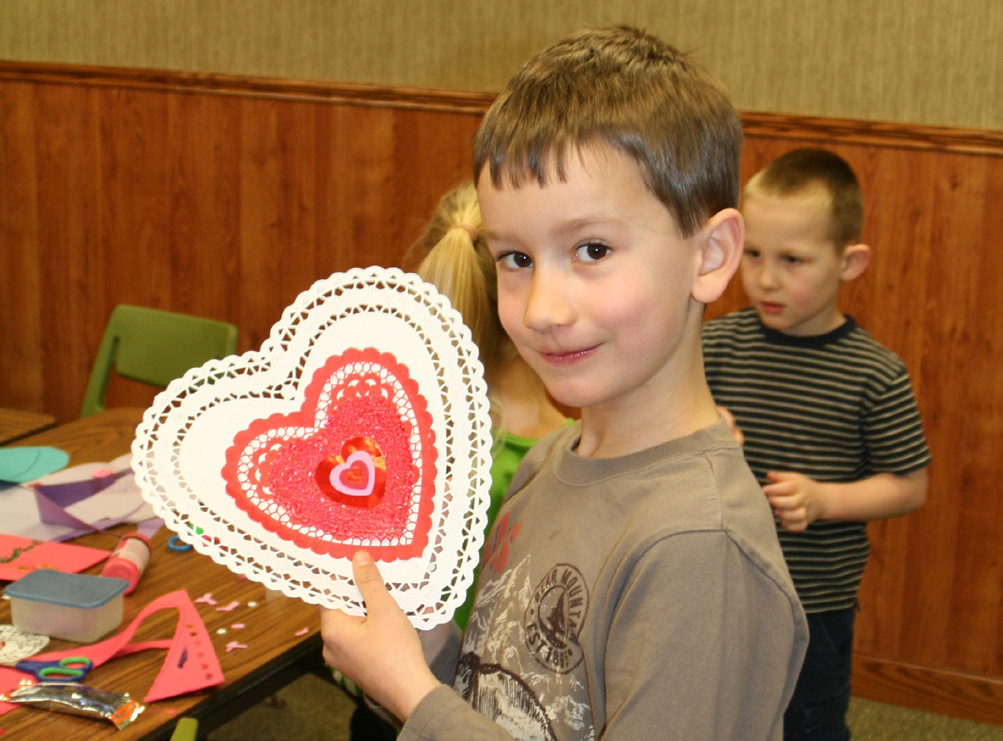Supporting Youth during Parental Separation or Divorce
When a family experiences separation or divorce, it affects both the family structure and everyone in the home. Feelings of hurt, loss, relief, or a mix of many emotions could be experienced by the separating couple and the children in the home. A parent might notice changes in a child’s behavior, emotions, and needs during a separation or divorce. Parents might wonder what can be done to help children through this family transition.
A pediatrician with the Cleveland Clinic wrote an article titled How to Help Your Child After a Breakup or Divorce, listing 10 ways to help a child cope with separation or divorce. Many of these suggestions focus on maintaining a healthy co-parenting relationship following separation or divorce. Other researchers with HelpGuide.org suggest that unless families have faced severe issues such as substance abuse, violence, etc., establishing a co-parenting relationship and playing an active role in a child’s life is a great way to make sure needs are met and it can help them maintain close relationships with both parents.
From the Cleveland Clinic:
- Stay involved in the child’s life. Children usually want to maintain relationships with both parents. It is important for parents to continue to be involved in their child’s life by scheduling fun activities and one-on-one quality time.
- Work hard to co-parent without putting the childin the middle. When kids see their parents fight specifically about them, it can cause them to blame themselves or feel like they have done something wrong. This can lead to feelings of guilt or can cause them to feel depressed. Try to keep children out of the middle of arguments and communicate with the other parent directly instead of passing information through the child.
- Be supportive of the time the child spends with theother parent. Encourage a child to have fun when spending time with their other parent. This is very important for kids who might have a new extended family with a parent in a new relationship.
- Limit negative things said about the other parent. Avoid blaming the other parent for the separation or divorce, especially in front of a child, as it can cause kids to feel they need to take sides.
- Communicate honestly with a child.Be honest with a child about reasons for a divorce or separation in a simplified way to help them understand it. It is also important to explain the changes that a child will go through, from living arrangements to school or schedule changes, etc.
- Help a child express their feelings.Take the time to listen to the child and encourage them to be honest with their feelings. Know that talking about parental separation may be an ongoing process. Also, remind them that it is not their fault for a separation. Know that a child might have feelings of depression, resentment, and anxiety, along with others; these feelings should fade with time.
- Let them know everything is going to be okay.Going through change can be hard for anyone, and going through a parental separation can be a big change for a child. As a parent, reassure a child that it will be possible to adapt to their new normal despite the changes.
- Keep routines intact.This is especially important for children going through parental separation, as routines can help them feel a sense of peace and security during this change.
- Take care of yourself.It is important for parents to take time for self-care throughout this change.
- Consider counseling.In some cases, seeking professional help outside of a family can be helpful for both parent and child to navigate life changes and process emotions.

Photo: Jane Wolery, MSU Extension
It has also been identified that having a supportive relationship with someone is helpful for children during experiences with parental separation and divorce.
In the Montana State University study titled Adolescent Adjustment to Parental Marital Transitions: Experiences in Urban, Rural and Suburban Communities, some supportive relationships were identified as helpful for adolescents who experienced parental separation. Adolescents reported that the most supportive resources and relationships during their parents’ transition were siblings, mothers, and private therapists/counselors. Those who participated in the study indicated that supportive relationships during this transitional period were effective in helping them cope with the change.
There are several ways to help support children through a parent’s divorce or separation, and helping them adjust to change through the process will take time. Parents can consider lending an ear, supporting time with the other parent, maintaining a co-parenting relationship, and/or helping a child seek professional help as methods of support for children during parental separation and divorce.
Carrie Guderjahn is the MSU Extension Family and Consumer Sciences and 4-H Youth Development Agent in Carbon County.
